
!Корпоративное право 2023-2024 / 2013-study-analysis_en
.pdf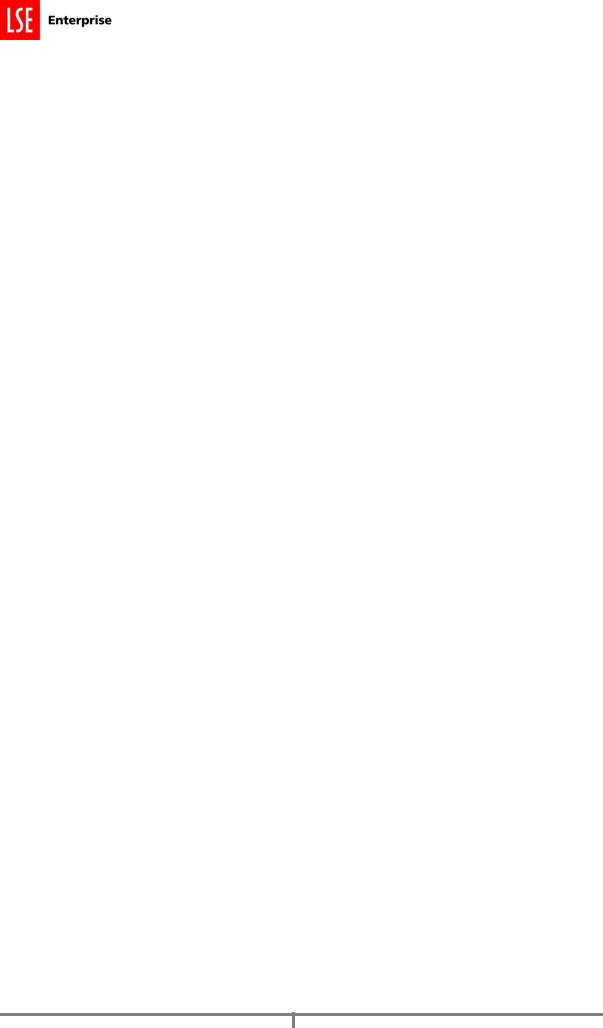
3. What is the legal response to above situation? For example, the law may provide that the directors have to take primarily the creditors’ interests into account, rather than those of the shareholders or the company must cease to trade and the directors file for the opening of insolvency proceedings.
The legal response to the vicinity of insolvency is the occurrence of a new obligation for the management – the obligation to summon the general meeting of the company and to inform its members about the new situation.
The Commerce Act does not specify the term, within which the general meeting of the limited liability company shall be summoned. Hence, it shall be summoned immediately.
The summoning of the general meeting of the joint-stock company shall take place within a term of one year and there shall be taken a decision for the application of any of the following three measures: decision for the decrease of the capital, decision for the transformation of the company or decision for the termination of the company. If, though, none of the enumerated in the previous sentence measures are taken, the company shall be terminated by court’s decision under a prosecutor’s claim (art. 252, par. 1, p. 5 of the Commerce Act).
If the company becomes insolvent or over-indebted, the management is obliged to ask for opening of an insolvency court procedure within a term of 15 days (art. 626 of the Commerce Act). In case this is not done within the above-mentioned term, the management shall be jointly responsible in front of the creditors for the damages, caused because of the delay for opening the insolvency procedure (art. 627 of the Commerce Act).
It can be concluded from the above-said that both – the interests of the creditors and the interests of the company’s members, are purposed to be protected.
Hypothetical III: Duty of care
1. Is the CEO liable for annual loss suffered by the company in 2008?
The answer is positive, because the CEO has wilfully caused damages to the company by transferring the assets at an undervalue (art. 240, par. 2 of the Commerce Act).
2. Have the directors (other than the CEO) breached their fiduciary duties by approving the agreement in conjunction with the resignation of the outgoing CEO?
According to the Bulgarian law it is the board of directors (“BoD”) that appoints the executive director and determines his remuneration (and bonuses) (art. 244, par. 4 of the Commerce Act – in case of a one-tier system) and it is the supervisory board that appoints the members of the management board and determines their remuneration (and bonuses) (art. 241, par. 2 of the Commerce Act - in case of a two-tier system). The contract between the executive director and the company shall be concluded by the chairman of the BoD (art. 244, par. 7 of the Commerce Act) and the contract between the members of the management board and the company shall be concluded by the chairman of the supervisory board (art. 241, par. 6 of the Commerce Act). Hence, the general meeting of the joint-
261 Directors’ Duties and Liability in the EU
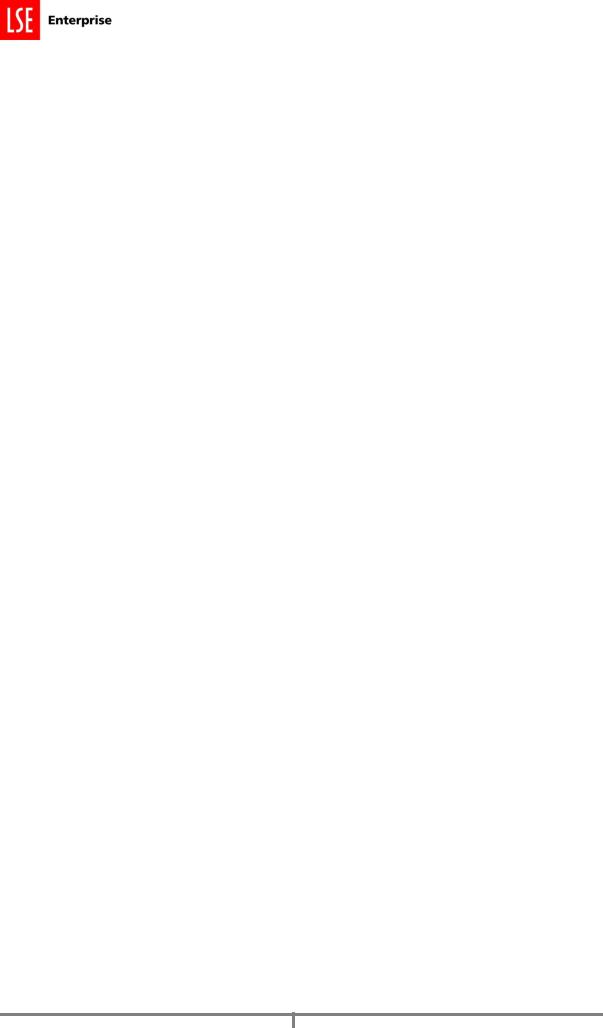
stock company does not take part neither in the conclusion of the contract with the executive director, nor in the determination of his remuneration.
Concerning the specific case, the answer is as follows:
if the members of the BoD have acted negligently by not discovering the CEO’s misconduct, then they shall be responsible for the payments, made to the CEO;
if the members of the BoD have not been aware of the CEO’s misconduct and this unawareness has not been due to the negligence of theirs, then the board has to pay to the CEO the agreed under the management contract remuneration. In this specific situation, though, the company can sue the former CEO on the grounds of an unjust enrichment.
3.1.Have the members of the company’s internal audit committee (of which the CEO was not a member) breached their fiduciary duties by not identifying the true nature of the ostensibly arms-length transactions and are they, accordingly, liable for the loss suffered by the company as a consequence of the transactions?
Under Bulgarian Commerce Act the companies are not obliged to establish committees for internal audit. Some institutions, though, as banks and insurance companies, are obliged to arrange bodies for internal control (art. 62 of the Insurance Code and art. 74 of the Credit Institutions Act).
Since the considered hypothetical discusses a bank institution, there shall be applied the provisions of Ordinance № 10 for the Internal Control in Banks of the Bulgarian National Bank. According to art. 18, par. 2, p. 2 the internal audit committee has to have an unlimited access to the assets and the information of the bank and according to art. 14, par. 1, p. 7 it has to check and estimate the defence of the assets from misuse. Hence, the members of the internal audit committee have breached their duties by not identifying the true nature of the ostensibly arms-length transactions and are accordingly liable.
3.2. Have the other directors (except the CEO) breached their duties?
Art. 237, par. 1 of the Commerce Act prescribes that the members of the board have equal rights and obligations, regardless of the internal distribution of the functions between them (management and representation of the company by some of them included). No explicit obligation for supervision by each director over the others is provided. Therefore, the rest of the members of the BoD are not obliged to supervise the transactions, which the CEO concludes with third parties. This is why, if the transactions are carried out without the knowledge, participation, decision of the rest of the members of the BoD, the latter will not be considered liable.
If the BoD has put under vote the conclusion of the ostensibly arms-length transactions, the members of the BoD who have voted “pro” conclusion of these transactions, shall be held liable; the rest of the members shall be considered free from liability (art. 240, par. 3 of the Commerce Act).
262 Directors’ Duties and Liability in the EU
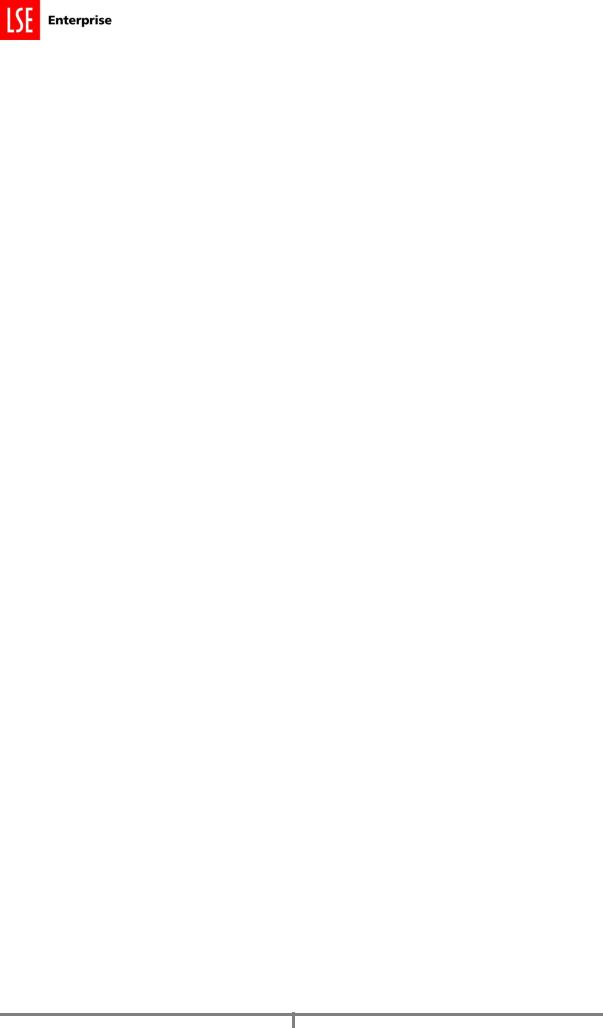
4. Assuming that the company has a claim against the CEO or another director pursuant to one or more of the above questions, can a minority shareholder enforce the claim?
The answer is positive. Shareholders, possessing 10% of the capital of the joint-stock company, have right to enforce a claim for the responsibility of the members of the BoD, the management board and the supervision board for damages, caused to the company (art. 240a of the Commerce Act).
Hypothetical IV: Duty of loyalty
Director A is also majority shareholder in Target, holding 60 percent of the outstanding share capital of the company. As majority shareholder of Target, he is interested in an acquisition that is beneficial to Target. He proposes that Bidder purchase the assets for 10 million
Euro/Pounds/…, knowing that the value ranges between 7 and 8 million. Director A does not disclose his interest in Target to the board of Bidder. A majority of the directors approves the acquisition. A’s vote was not decisive for the positive vote.
All members of the BoD shall be considered responsible, because they have not checked the parameters of the transaction and they have been aware of the conclusion of this transaction (art. 240b in connection with art. 240, par. 2 of the Commerce Act).
2. As in scenario 1, but Director A discloses his interest in Target to the board of Bidder, and a majority of the uninterested directors approves the acquisition.
In this case the directors, who have votes “pro” conclusion of the transaction, can be held responsible.
3. As in scenario 1, but when the shareholders of Bidder learn of A’s interest in Target, they ratify the transaction, believing that it is in the company’s interests.
In this case none of the directors can be considered liable, because of the approval by the general meeting (art. 240, par. 3 of the Commerce Act).
4. Director A is majority shareholder and managing director in a competitor of bidder (‘Rival’), which is also active in the mining business. The assets held by Target that Bidder seeks to acquire consist in claims near Rival’s own mining territories. Director A is of the opinion that the assets are more valuable for Rival than for Bidder. He therefore arranges for Rival to make a competing and higher offer than Bidder, and Target accordingly decides to sell the assets to the former company.
Director “A” shall be considered responsible, because he violates his obligation not to announce any information, of which he became aware in his capacity of a director, if this announcement can influence the company’s activity and its development (art. 237, par. 5 of the Commerce Act).
263 Directors’ Duties and Liability in the EU
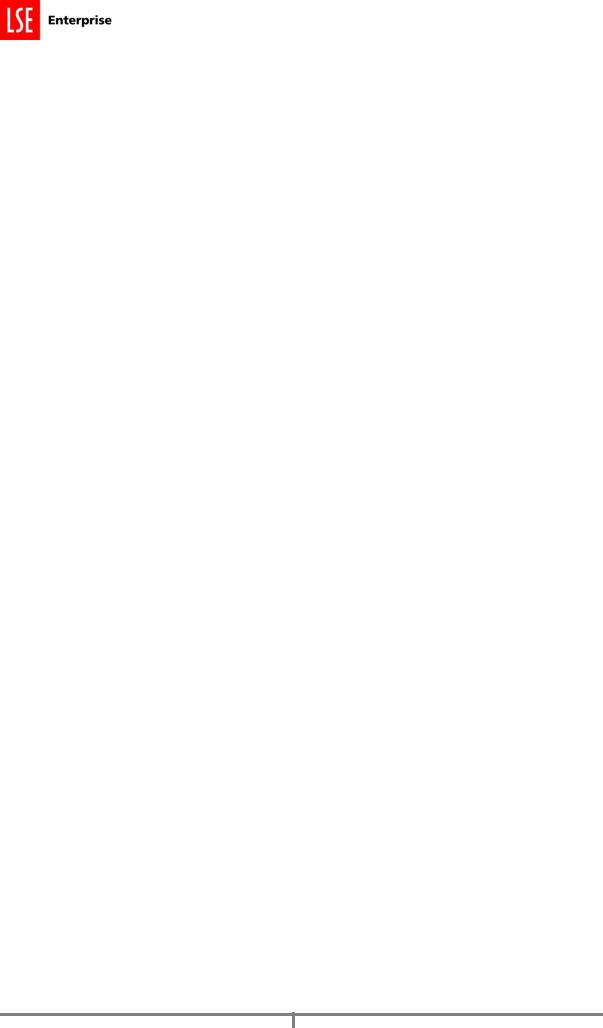
5. As in scenario 4, but A resigns from his position as director of Bidder before Rival makes the competing offer.
Director “A” shall be considered responsible because of the announcement of the information, regardless of the fact that he has resigned before making the announcement (art. 237, par. 5 of the Commerce Act).
4. As in scenario 4, but after an initial expression of interest by Bidder in acquiring the assets and before Rival has taken any steps to make a competing offer, the Bidder board determines that an investment of that size is not advisable at the present time in light of Bidder’s weak financial position.
Director “A” shall not be considered responsible, since no damages have been caused to “Bidder” (art.
240, par. 2 of the Commerce Act).
264 Directors’ Duties and Liability in the EU
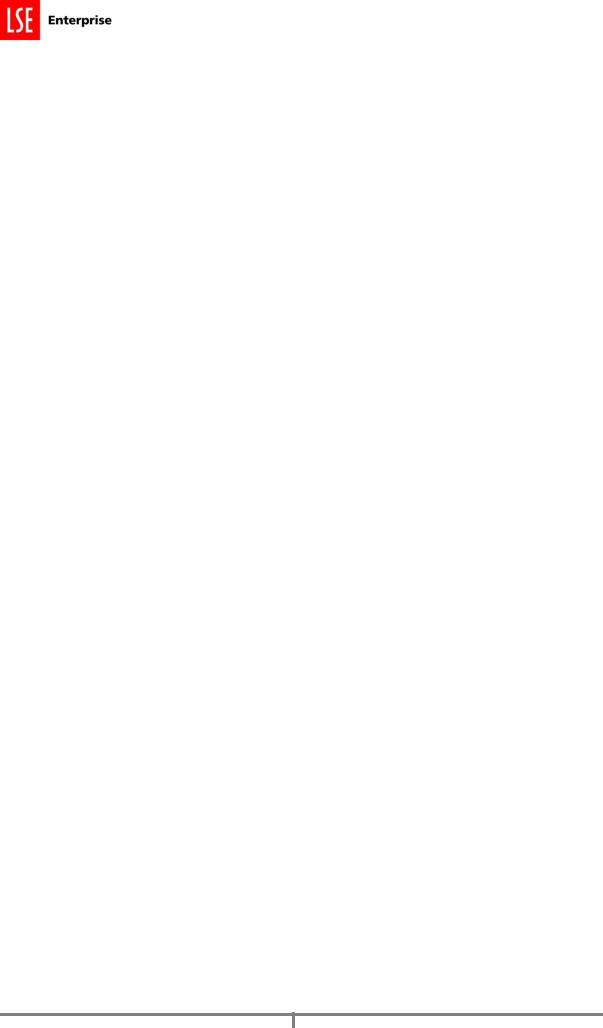
Croatia
Hypothetical I: Liability of the parent and directors of the parent for breaches of duty at the level of the subsidiary
A pharmaceutical company is currently developing two new drugs. After assessing the potential liability risks associated with the future products, the directors of the pharmaceutical company decide to incorporate two separate private limited companies, each taking over the development, research and future marketing of one of the two drugs.
The directors of the pharmaceutical company appoint the two project managers as directors of the two subsidiary companies. The two subsidiary companies enter into an agreement allowing them access to the parent company's research facilities. According to the subsidiary's articles of association, all major strategic decisions regarding the research, development and marketing of the drugs are subject to approval by their sole shareholder, the pharmaceutical company. The employees working for the subsidiaries are formally still employed with the parent company, but are posted with the subsidiaries under an agreement entered into by the parent company and the two subsidiaries upon formation of the two companies.
When the directors of the parent company learn about competitors working on similar projects, they try to accelerate the development process of the two drugs. They award substantial bonuses to the subsidiary’s directors, contingent on the drugs receiving regulatory approval within the next 6 months. The original schedule provided for further tests, which would take at least 12 months.
Primarily because of the contingent bonus payment, the directors of the subsidiaries skip some of the planned tests and studies, and cover up this decision in their filings for regulatory approval.
The two drugs gain regulatory approval within the 6 month time span, and are successfully marketed shortly after that.
Two years after the initial marketing, independent studies reveal that one of the drugs causes a rare form of lethal cancer, exposing the relevant subsidiary to enormous product liability claims that far exceed its net assets. The drug developed by the other subsidiary proves to be safe and leads to substantial profits.
Is it possible that the parent company would be liable in circumstances comparable to the stylised facts above?
Provided that the directors of the parent company have not breached their duties by way of e.g. forcing the directors of the subsidiaries not to follow certain procedures prescribed by law, they would not be held liable. If correctly understood by the facts of the case, the actions of the directors of the subsidiaries were made on their own motion, since the directors of the parent company did not require or suggest skipping some of the planned tests and studies, they merely promised the bonuses. Under the circumstances, it seems that promise of the bonuses would not suffice to conclude that the directors of the parent company actually and practically requested to skip those tests and studies.
265 Directors’ Duties and Liability in the EU
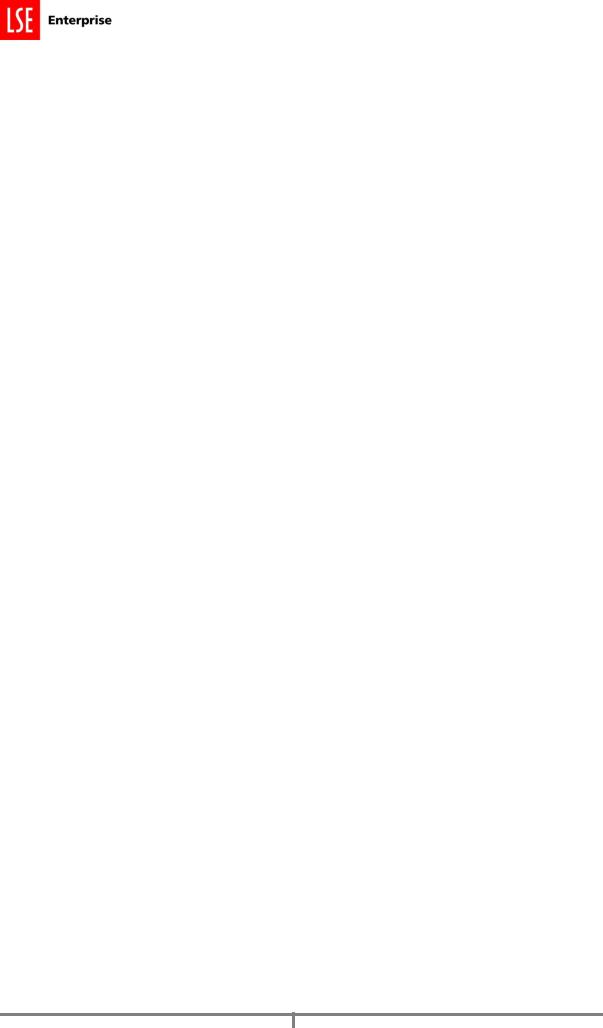
Under which circumstances would the directors of the parent company face a liability risk in those circumstances?
If the directors of the parent company by their actions cause the damage to the subsidiary, the parent company would have to compensate that damage by the end of the business year. If it does not do so, the parent company is jointly and severally liable together with its directors, if they have given the instructions to the subsidiary. Standard of care is that of a prudent businessman.
Hypothetical II: Duties in the vicinity of insolvency
After making losses for three consecutive years, an oil trading company’s equity ratio (equity divided by total assets) has fallen below [1% - 5% - 10%]. On average, comparable companies in the same line of business have an equity ratio of about 25%.
The company still has substantial assets, but the thin equity cushion makes it hard for the company to pursue its core business, as trading partners demand higher prices to compensate them for the perceived higher risk of the company's operations.
The company's directors evaluate different possibilities to improve the business prospects of the company. They attribute past trading losses to the substantially higher volatility of oil prices following the financial crisis, and maintain the view that the company's business model is sustainable in the long run. After exploring the possibility to raise new equity to recapitalize the business, they conclude that current market conditions would force them to issue new shares at prohibitively low prices, which would lead to a substantial dilution of their current shareholders.
After analysing the market conditions, the directors come to the conclusion that the market price for crude oil is bound to rise significantly over the next year, particularly due to high anticipated demand from emerging market economies. In an attempt to recapitalize the company the directors decide to invest heavily in crude oil futures. They expect that the anticipated increase in oil prices will lead to substantial gains from this transaction, bringing the equity ratio back in line with the industry average, and thus allowing the company to resume their trading operations at more sustainable conditions.
The directors are aware that a sudden substantial fall in oil prices could potentially wipe out the remaining equity of the firm, but they consider the likelihood of this happening to be very low.
Shortly after entering into the forward sale agreement, worries about a sovereign debt crisis lead to a revision of worldwide economic growth forecasts. The price of crude oil falls more than 10% on a single day, the worst one day performance in many years. As the company cannot fulfil the margin calls on its forward sales contracts, the positions are closed by the counterparty. The closed positions have a negative value exceeding the company’s equity, leading to the company’s over-indebtedness. Trading partners refuse to enter into transactions with the company due to its financial position, and banks close all existing credit lines of the company.
266 Directors’ Duties and Liability in the EU
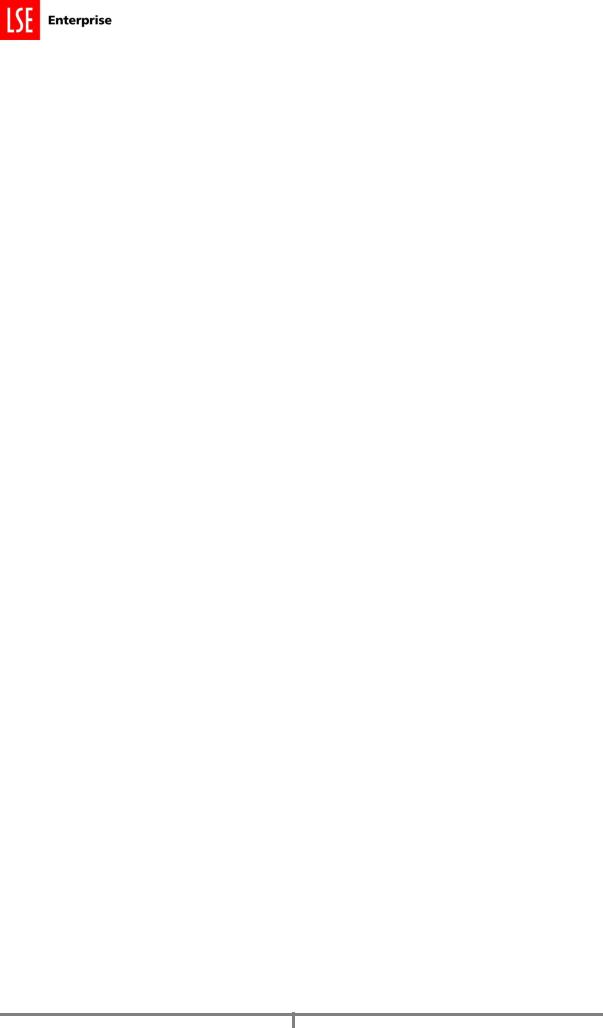
Do fiduciary duties prevent directors from entering into particularly risky transactions?
No, the general provisions on duty of care and business judgment rule apply to all transactions.
At which point in time does the law provide for additional duties of directors or the change of existing duties in situations of financial distress? (i.e. how is ‘vicinity of insolvency’ defined?)
As soon as the directors find out that there is a loss amounting to a half of the share capital, they are obliged to convene the general meeting. This does not necessarily lead to insolvency, but if that duty is considered as a special duty in case of vicinity of insolvency, it may be considered as that particular point in time.
What is the legal response to above situation? For example, the law may provide that the directors have to take primarily the creditors’ interests into account, rather than those of the shareholders or the company must cease to trade and the directors file for the opening of insolvency proceedings.
Legally, the duties of the directors do not change.
Hypothetical III: Duty of care
A large banking institution is engaged in retail as well as investment banking. In 2000, a new CEO was appointed, who also sits on the board of directors. The CEO made the decision to invest heavily in collateralized debt obligations (CDOs) backed by residential mortgage backed securities, including lower rated securities that pooled subprime mortgages to borrowers with weak credit history. The investments were initially successful, generating high profits for the company. However, beginning in 2005, house prices, particularly in the United States, began to decrease. Defaults and foreclosures increased and the income from residential mortgages fell rapidly.
As early as May 2005, economist Paul Krugman had warned of signs that the US housing market was approaching the final stages of a speculative bubble. Early in 2007, a large US subprime lender filed for bankruptcy protection and a number of investors announced write downs of several billion dollars on their structured finance commitments. In July, 2007, Standard and Poor’s and Moody’s downgraded bonds backed by subprime mortgages. At the end of 2007, two hedge funds that had invested heavily in subprime mortgages declared bankruptcy. In spite of these warning signs, the CEO had continued to invest in CDOs until shortly before the Lehman bankruptcy in September 2008, accumulating a total exposure of more than 20 billion Euro/Pounds/… . The subprime mortgage crisis necessitated massive write downs, leading to an annual loss of eight billion in 2008, which can be attributed in equal measure to the CDO transactions undertaken in 2005-2008.
The CEO resigned in October 2008. As part of the resignation, the CEO entered into an agreement with the company providing that he would receive 50 million Euro/Pounds/… upon his departure, including bonus and stock options, and in addition an office, administrative assistant, car and driver until he would commence full time employment with another employer. In exchange, the CEO signed a non-compete agreement and a release of claims against the company. The agreement with the CEO was approved by all directors (the CEO abstaining from voting), acting on behalf of the company.
267 Directors’ Duties and Liability in the EU
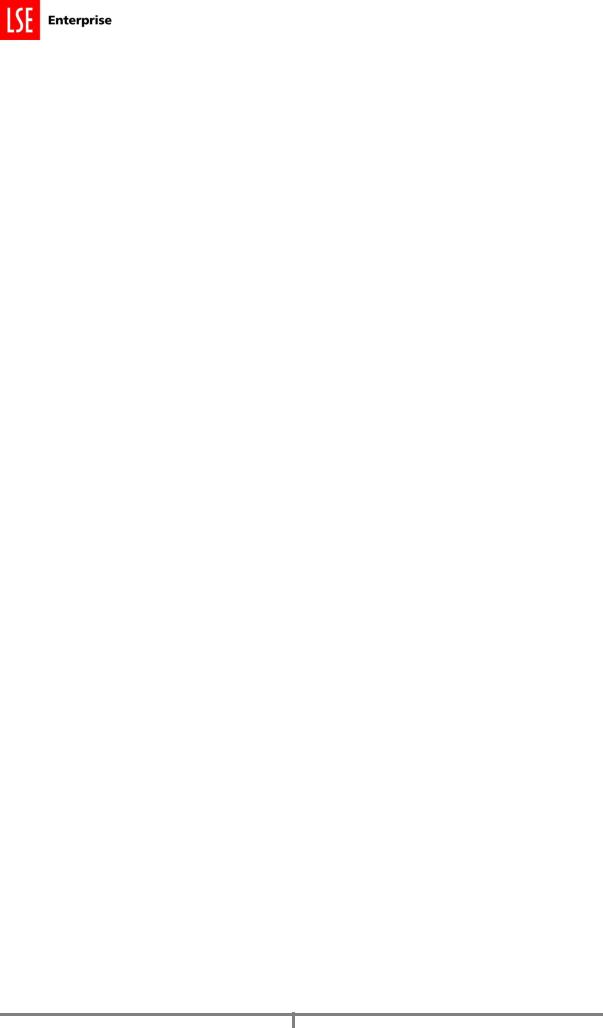
After the CEO’s departure and with a new management team in place, it transpires that the old CEO had used a number of ostensibly arms-length transactions with investment firms that were, however, controlled by the CEO’s nominees, to transfer assets at an undervalue to a company owned by the
CEO on the Cayman Islands. When the true nature of these transactions becomes known, the assets are no longer recoverable.
Questions:
Is the CEO liable for annual loss suffered by the company in 2008?
Only if it is considered that he has breached the business judgment rule, which depends on all circumstances of the case. It would be up to the court to establish whether the signs of crisis have be sufficient to require a prudent businessman to take or not to take some actions.
Have the directors (other than the CEO) breached their fiduciary duties by approving the agreement in conjunction with the resignation of the outgoing CEO?
In principle yes, since their actions would not be considered as actions in the best interest of the company.
Have the members of the company’s internal audit committee (of which the CEO was not a member) breached their fiduciary duties by not identifying the true nature of the ostensibly armslength transactions and are they, accordingly, liable for the loss suffered by the company as a consequence of the transactions? Have the other directors (except the CEO) breached their duties?
Members of the audit committee who are board members are subject to the same general rules as any board member. External members of the committee are logically subject to less stringent rules, since they are not board members and may not be expected the same level of involvement. However, to them applies the principle of a prudent external audit member, as a legal standard, assessed on a case by case basis.
Board members are required to be acquainted with company transactions, since that follows from the rule that, unless otherwise provided for by the articles of association, the management board makes decisions unanimously. However, even the articles of association provide that each director manages the company individually within his/her scope of duties, other directors should take appropriate actions, including e.g. informing the supervisory board, if they consider that a particular decision is not in the best interest of the company.
Duty of care in principle includes the duty to do everything reasonably possible to be informed on all management actions of other board members.
268 Directors’ Duties and Liability in the EU
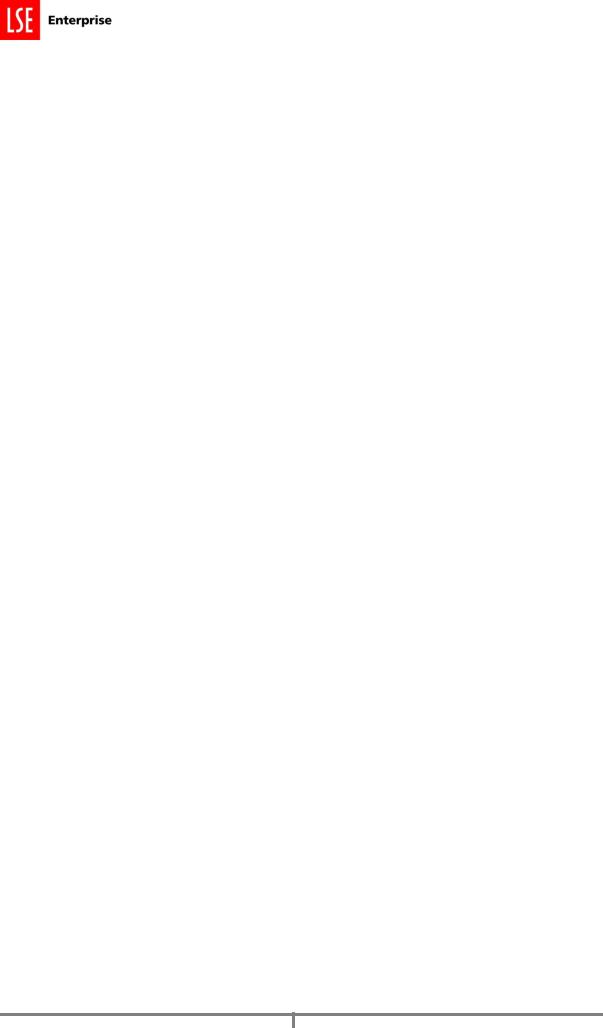
Assuming that the company has a claim against the CEO or another director pursuant to one or more of the above questions, can a minority shareholder enforce the claim?
Only if the shareholders have suffered the damage independently form the damage caused to the company and if it can be proven that the actions of the CEO have been influenced by a third person
(that includes also e.g. CEO who is a shareholder and thus as shareholder ‘influencing’ his actions as
CEO or him acting as a director of another company etc.). Any shareholder is under those circumstances entitled to a claim.
Hypothetical IV: Duty of loyalty
A mining company (‘Bidder’) considers expanding business operations. The board identifies assets held by another company (‘Target’) as a possible acquisition. The following scenarios ask you to consider the liability of a director (‘A’) on the board of Bidder.
Director A is also majority shareholder in Target, holding 60 percent of the outstanding share capital of the company. As majority shareholder of Target, he is interested in an acquisition that is beneficial to Target. He proposes that Bidder purchase the assets for 10 million Euro/Pounds/…, knowing that the value ranges between 7 and 8 million. Director A does not disclose his interest in Target to the board of Bidder. A majority of the directors approves the acquisition. A’s vote was not decisive for the positive vote.
Director A should have disclosed his interest. He is liable to the Bidder since his actions were not in the best interest of the Bidder. The acquisition is valid unless it may be proven that the sellers of the shares knew or ought to have known the circumstances of the transaction. Obviously, the director knew them.
As in scenario 1, but Director A discloses his interest in Target to the board of Bidder, and a majority of the uninterested directors approves the acquisition.
A is liable, since acting as director of the Bidder he knowingly acted against the best interest of the Bidder by not revealing his knowledge of the true value of the shares.
Other directors would, however, probably also be liable since they have not taken all appropriate actions to get proper information on the true value of the shares.
As in scenario 1, but when the shareholders of Bidder learn of A’s interest in Target, they ratify the transaction, believing that it is in the company’s interests.
Same as answer to question 2.
Director A is majority shareholder and managing director in a competitor of bidder (‘Rival’), which is also active in the mining business. The assets held by Target that Bidder seeks to acquire consist in claims near Rival’s own mining territories. Director A is of the opinion that the assets are more valuable for Rival than for Bidder. He therefore arranges for Rival to make a competing and higher offer than Bidder, and Target accordingly decides to sell the assets to the former company.
269 Directors’ Duties and Liability in the EU
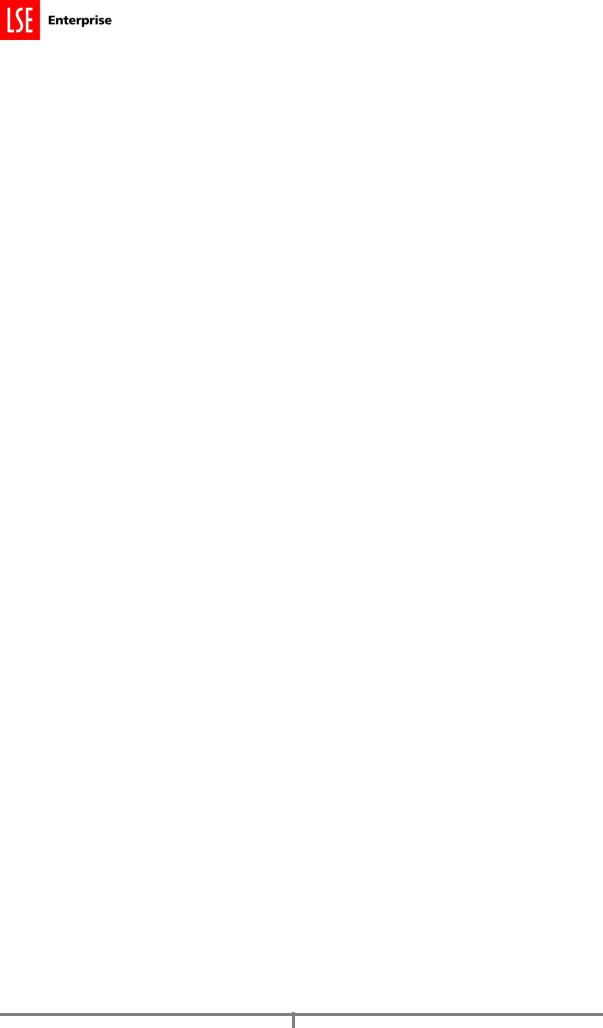
A may not be managing director of the Rival (as competitor of Bidder) without the consent of the supervisory board. Otherwise he is liable for any damage caused to Bidder.
As in scenario 4, but A resigns from his position as director of Bidder before Rival makes the competing offer.
A is then not any more subject to the duty of care and loyalty to Bidder, but arguably he may be found liable for not having acted in the best interest of Bidder at the time when he was the director.
As in scenario 4, but after an initial expression of interest by Bidder in acquiring the assets and before Rival has taken any steps to make a competing offer, the Bidder board determines that an investment of that size is not advisable at the present time in light of Bidder’s weak financial position.
If the weak financial situation is established as the true reason for not pursuing the transaction, there would be no liability.
270 Directors’ Duties and Liability in the EU
